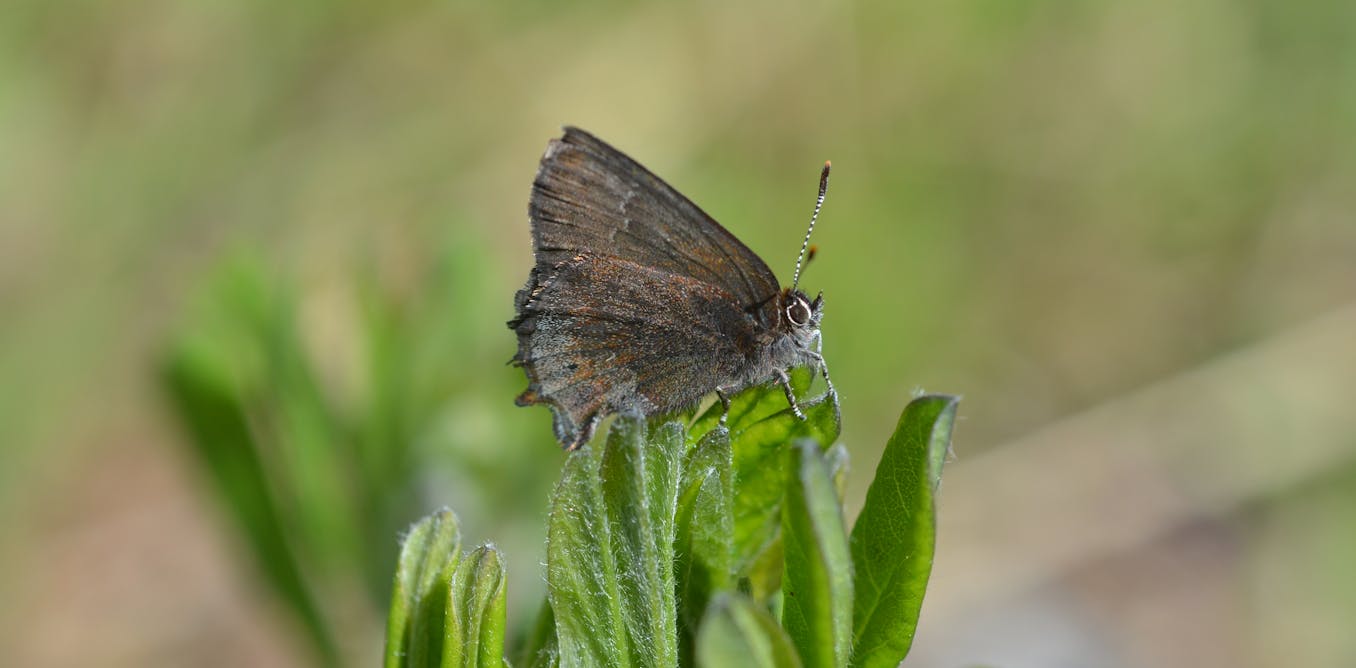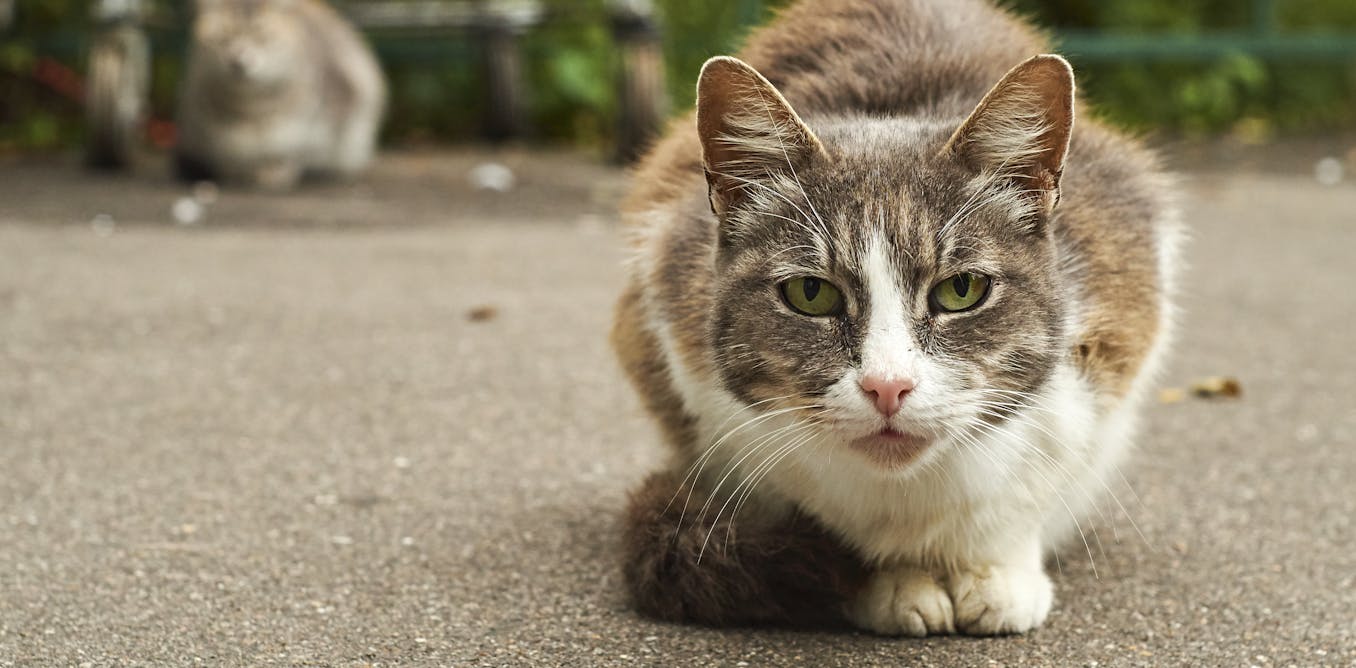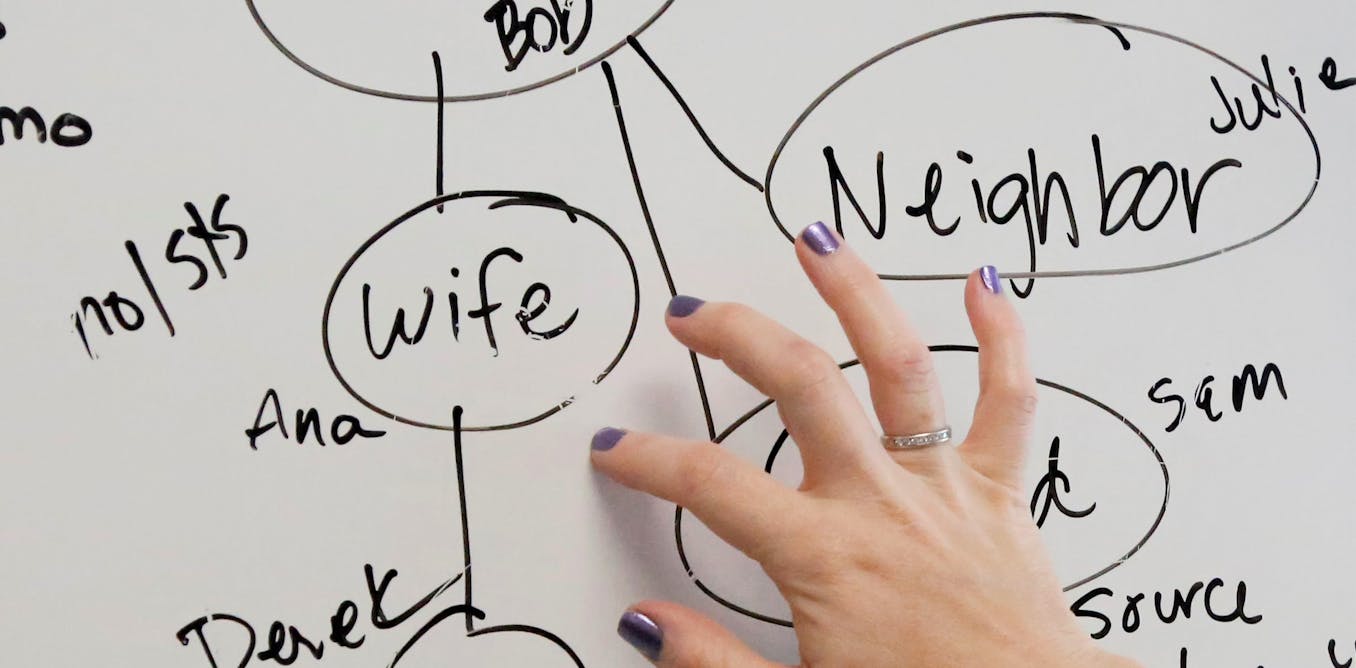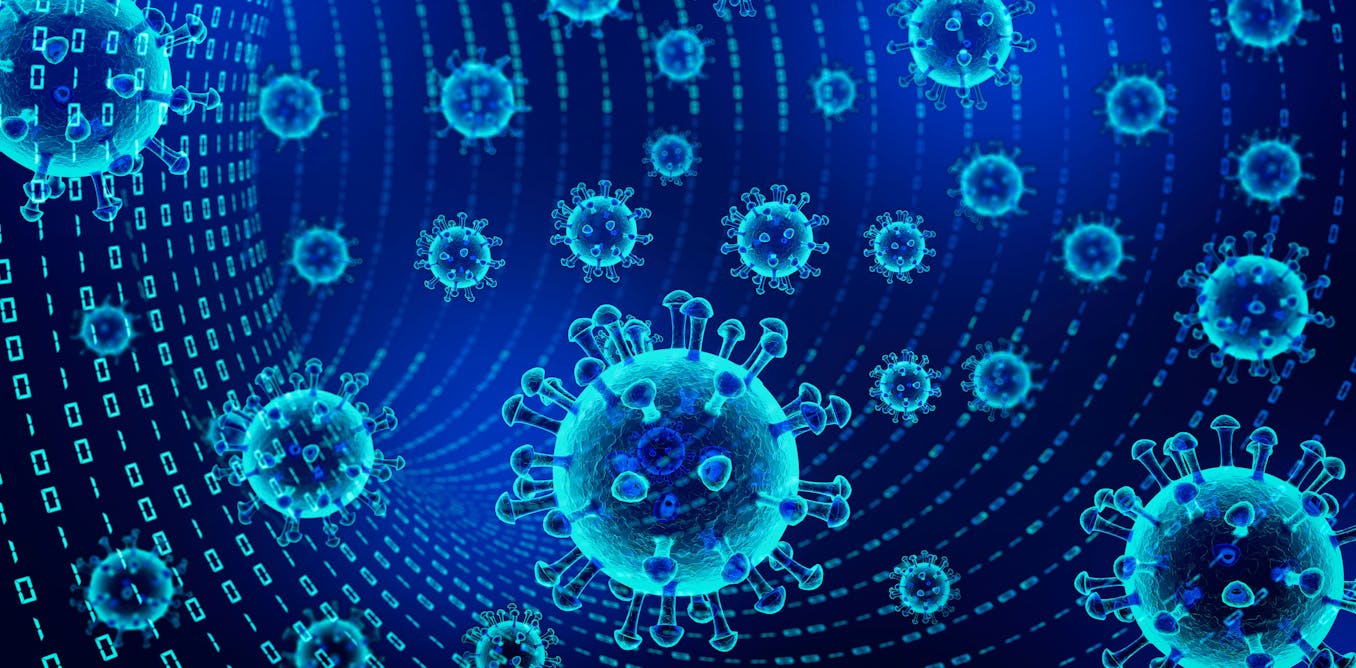Insect apocalypse? Not so fast, at least in North America
Recent reports of dramatic declines in insect populations have sparked concern about an 'insect apocalypse.' But a new analysis of data from sites across North America suggests the case isn't proven.
Aug. 10, 2020 • ~9 min








